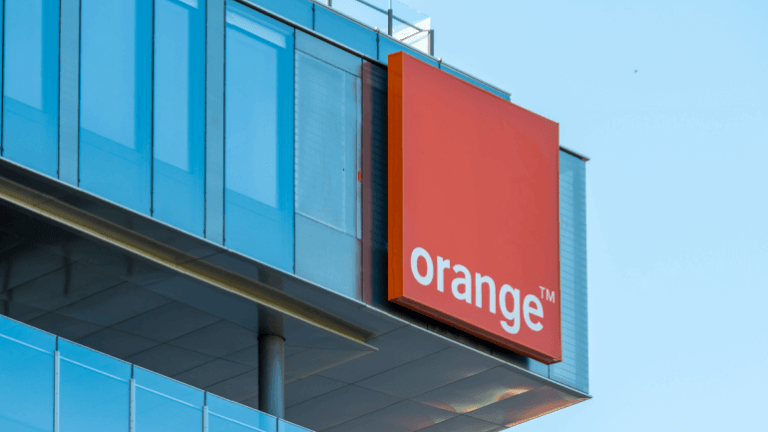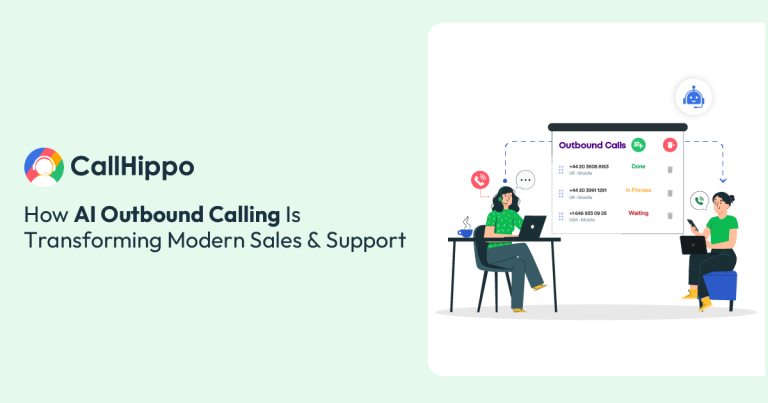
Seven prominent technology companies, including Amazon, Apple, Microsoft, Samsung, Google’s parent company Alphabet, Meta (previously known as Facebook), and ByteDance (the parent organization of TikTok), have recently acknowledged the European Commission’s designation of them as potential ‘gatekeepers’ in the digital space. The term ‘gatekeeper’ is used under the EU’s Digital Markets Act (DMA) to identify key players with the influence to dictate the outcome of digital economic competition.
The DMA represents the European Union’s efforts in reforming the digital arena to stimulate innovation within European start-ups and corporations and also safeguard the rights and interests of EU citizens. As per the statement released by Thierry Breton, EU Commissioner for the Internal Market, the DMA is set to alter Europe’s digital landscape drastically.
For a company to qualify as a ‘gatekeeper,’ it needs to earn a minimum of €7.5 billion of annual revenue in Europe within the last three fiscal years or maintain a worth of at least €75 billion within the previous financial year while operating in three or more EU member states. Additional criteria include serving more than 45 million monthly active users and over 10,000 active business users annually in the EU through a variety of services, namely search engines, social networking services, and operating systems.
The European Commission now has 45 days to review these potential gatekeepers and decide if they should be officially labeled as such. Once designated, these firms will be given a six-month timeline to align their operations with the guidelines of the DMA, which enforce numerous checks and responsibilities onto these high-impact tech companies.
Certain responsibilities include allowing end-users to easily uninstall pre-installed apps or change default settings, promoting easy unsubscription from core platform services, enabling the installation of third-party apps or app stores, and ensuring messaging apps are interoperable. Additionally, the DMA mandates that gatekeeper platforms allow business users to access promotional tools and data generated by their activities on the platform and refrain from using data harvested from businesses to offer rival services. Furthermore, gatekeepers are prohibited from prioritizing their own products over third-party offerings.
However, these obligations may not be welcomed by all, as companies such as Apple and Samsung have in the past defended their business practices on the foundation of preserving quality, innovation, and user experience. Google might also object, claiming it already offers a choice regarding browsers and app stores.
Despite these potential objections, non-compliance is not an option for gatekeeper-designated companies. Violations could lead to penalties of up to 10 percent of the corporation’s total worldwide annual turnover, and repeat offenders could face fines of up to 20 percent. The EU also reserves the right to impose penalties of up to 5 percent of daily turnover.
According to Commissioner Breton, the DMA will provide consumers with various benefits, including more service options, opportunities to switch providers, better prices, higher quality services, and elevated access to innovation for businesses. In conclusion, these new regulations will have a substantial impact on business practices for these major tech firms and are likely to bring about significant game-changes in the Internet economy.




